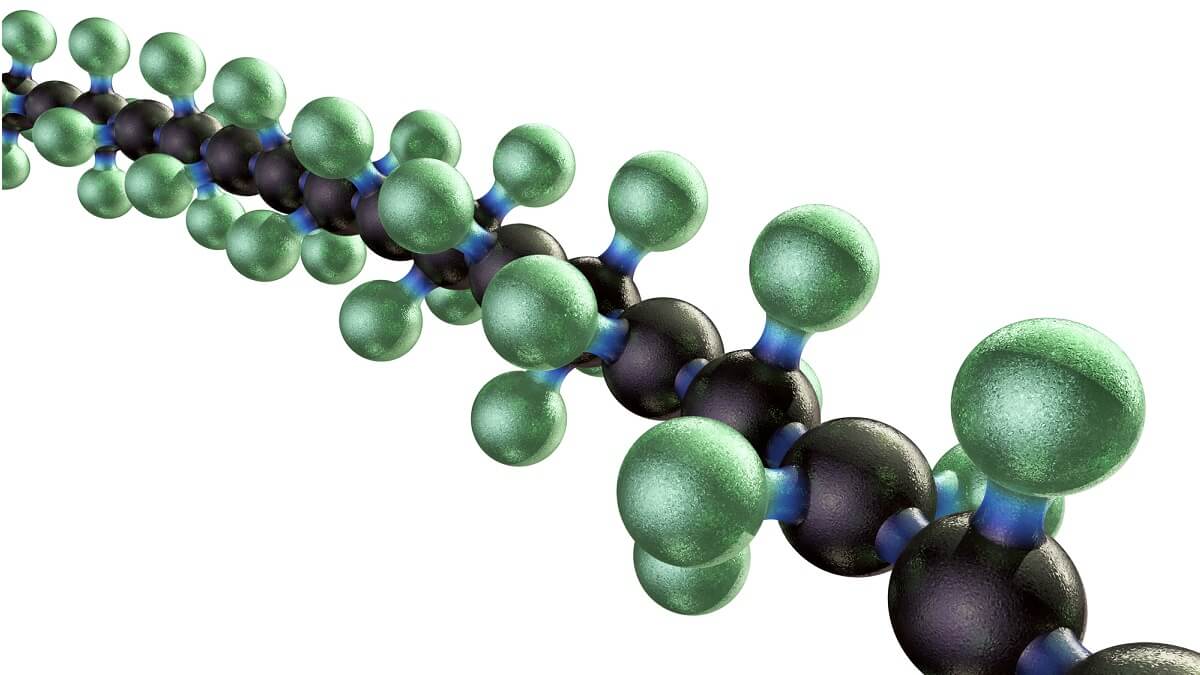High-Performance Polymers: Advanced Products for Sector
High-Performance Polymers: Advanced Products for Sector
Blog Article
Exploring the Varied Applications and Advantages of Polymers in Different Industries
Polymers, with their diverse series of buildings and functionalities, have become crucial in various industries, each reaping special benefits from their application. Polymers. From enhancing security and performance in the automotive field to revolutionizing clinical devices in the medical care sector, polymers play a crucial role. Their green nature is changing the landscape of sustainability practices. As we delve right into the midsts of polymers in electronics, we uncover innovative advancements, while their architectural honesty transforms the world of construction and infrastructure. The prevalent impact of polymers across industries is a testament to their convenience and versatility, shaping the future of many markets.
Automotive Market Applications
Polymers play a critical duty in enhancing the efficiency and resilience of different components within the vehicle field. These versatile products are thoroughly utilized in the manufacturing of various parts, ranging from interior components to under-the-hood applications. One famous usage of polymers in the auto industry is in the manufacturing of light-weight components. By replacing standard steel parts with polymer-based alternatives, automobiles can attain improved fuel performance without endangering on toughness or safety.

Healthcare Industry Advantages
In various health care applications, the advantages of using polymers are commonly acknowledged for their varied variety of helpful properties. Polymers play an important function in the health care market due to their convenience, biocompatibility, and cost-effectiveness. One of the main benefits of polymers in health care is their ability to be tailored to specific needs, such as adaptability, durability, and biodegradability, making them ideal for a large range of clinical applications.
Polymer-based products are extensively used in clinical tools, such as catheters, implants, prosthetics, and medication shipment systems, due to their biocompatibility and capacity to imitate natural cells. These products can decrease the risk of allergies or rejections, enhancing person security and outcomes. Additionally, polymers are light-weight, making them appropriate for wearable clinical devices and making certain individual comfort.
In addition, polymers enable the growth of ingenious treatment techniques, such as hydrogels for tissue design and nanocomposites for targeted medicine shipment. Their convenience of have a peek at this site processing and sanitation makes them important for preserving high requirements of health in healthcare setups. Overall, the diverse benefits of polymers add considerably to innovations in medical innovation and person care.
Environmental Advantages of Polymers

Additionally, polymers can add to energy savings due to their lightweight nature. In markets such as transportation, lightweight polymer products can aid lower gas usage and greenhouse gas discharges. Furthermore, polymers can allow the growth of energy-efficient items such as insulation materials that boost energy conservation in buildings.
Additionally, polymers play an important role in decreasing water contamination. The usage of polymer-based filtering systems can efficiently get rid of pollutants and pollutants from wastewater, safeguarding water resources and communities. Overall, the environmental benefits of polymers make them valuable properties in advertising sustainability and green techniques across numerous industries.
Polymers in Electronics and Technology
Considering the raising demand for innovative and lasting options in contemporary industries, the assimilation of sophisticated polymer technologies in the world of electronic devices and modern technology has become an essential technique for driving performance and efficiency. Polymers have reinvented the electronics market see this website by enabling the manufacturing of lighter, more adaptable, and resilient electronic tools. From mobile phones to clinical devices, polymers play a crucial function in enhancing product style and functionality.
One considerable benefit of polymers in electronics is their protecting residential properties, which help secure delicate digital components from ecological variables and electrical disturbance. In addition, polymers are important in the growth of flexible display screens, wearable technology, and printed electronic devices, providing unlimited possibilities for producing smart and interconnected tools.
Additionally, making use of polymers in electronic packaging has caused advancements in miniaturization and thermal administration, boosting the total efficiency and reliability of electronic systems. As technology continues to progress, the convenience and adaptability of polymers will unquestionably drive additionally innovation in the electronics industry, forming the future of modern technology.
Duty of Polymers in Building And Construction and Infrastructure
Polymers use many advantages in the building and construction market due to their versatility, sturdiness, and cost-effectiveness. One essential role of polymers in building and construction is their use in layers and sealants, supplying protection against environmental factors such as moisture, UV radiation, and deterioration.
Furthermore, polymers play a critical role in sustainable building and construction techniques by enabling the advancement of energy-efficient structures. Protecting products made from polymers aid regulate indoor temperatures, minimizing the demand for home heating and cooling down systems and ultimately lowering energy usage - Polymers.
Final Thought
Finally, polymers play a critical role in various industries such as automobile, health care, environmental, electronics, and building and construction. Their functional homes make them important in producing ingenious services and products. From enhancing fuel efficiency in cars to enhancing medical devices, polymers offer numerous benefits. In addition, their effect on lowering waste and advertising sustainability highlights their relevance in modern-day applications. The widespread use of polymers shows their considerable contribution to advancing modern technology and boosting lifestyle.
Report this page